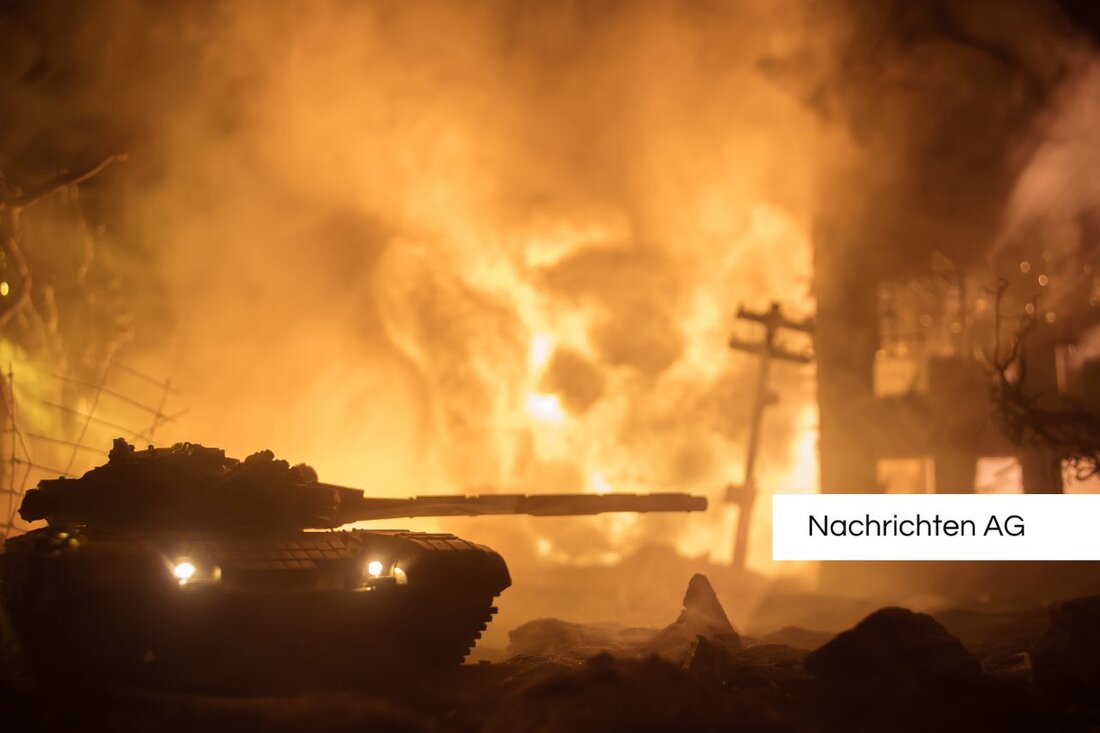EU discussion on the Middle East conflict: Austria's role and priorities!
Chancellor Stocker discusses Middle East conflicts, migration policy and peace negotiations in the EU Main Committee.

EU discussion on the Middle East conflict: Austria's role and priorities!
Today, June 25, 2025, the European Main Committee discussed central topics such as the conflict between Israel and Iran, the war in Ukraine and migration policy challenges. Federal Chancellor Christian Stocker and EU Minister Claudia Plakolm were the focus of the discussions. While Stocker emphasized the need to counteract Iran's nuclear buildup through political means, Plakolm made it clear that combating illegal migration remains one of Austria's "top priorities." There were also voices from the opposition parties, which were heard in the form of four motions, but were unable to achieve a majority.
The conflict between Israel and Iran is escalating, largely due to Iran's nuclear program and Israel's security concerns. Israel fears that Iran could develop nuclear weapons and is reportedly planning military action against the nuclear program alternatively. This comes against a backdrop of increasing attacks, with over 180 rockets fired at Israel, further inflaming tensions. In Lebanon, the fighting led to the closure of three hospitals, which has serious humanitarian consequences for the civilian population.
Peace negotiations and humanitarian aid
Stocker also mentioned the possibility of offering Vienna as a place for peace negotiations. This is happening not only in the context of the Middle East conflict, but also against the background of the sobering situation regarding the peace negotiations in the Ukraine conflict. Talks with Ukrainian President Volodymyr Zelensky were deemed necessary to improve the situation.
Austria also plans to provide 3 million euros in humanitarian aid for Gaza. This is part of a commitment that also includes redesigning return regulations to combat illegal migration. Plakolm spoke out against a suspension of the Association Agreement with Israel at the European level and emphasized the relevance of these political instruments.
International negotiations
At the international level, negotiations are underway between the foreign ministers of Germany, France and Great Britain as well as Iranian Foreign Minister Abbas Araghchi. After more than four hours of talks, the ministers expressed the opinion that it was important to continue negotiations. The Iranian side is fundamentally willing to talk, but does not want to conduct negotiations as long as Israel's attacks continue. The situation remains tense and could lead to an escalation, which EU foreign policy chief Kaja Kallas also sees as necessary to prevent violence in the Middle East noted.
The discussions in the committee also covered topics such as the competitiveness of the EU and the accession prospects of the Western Balkan states and Moldova. At the same time, concerns were expressed about Iran's nuclear program, which is perceived as a major threat to the region, which further reduces the chances of a stable peace.

 Suche
Suche
 Mein Konto
Mein Konto
